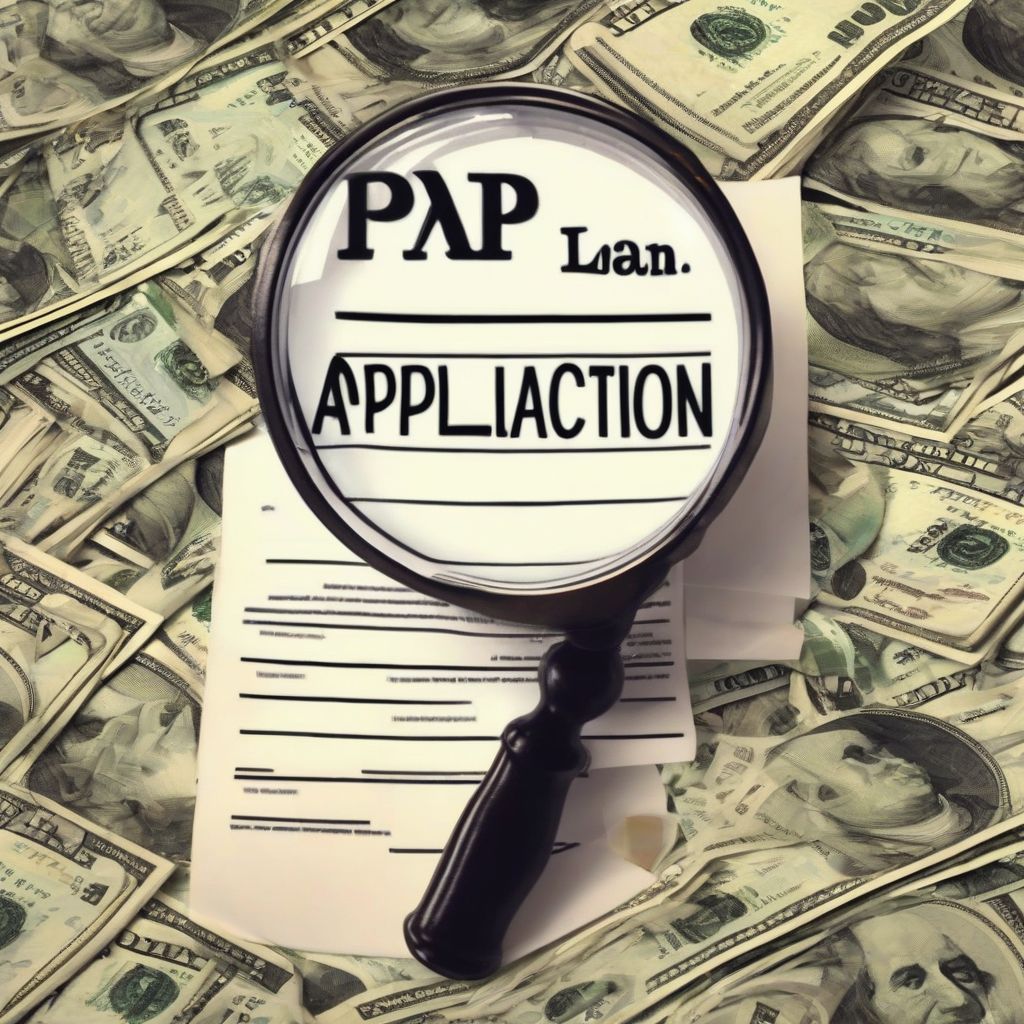
The Paycheck Protection Program (PPP) was a lifeline for many businesses during the COVID-19 pandemic. By providing forgivable loans, it helped businesses keep their employees on payroll and weather the economic storm. However, the program’s unprecedented scale and speed also attracted fraudsters who saw an opportunity to exploit the system for their gain.
This article delves into the issue of Ppp Loan Frauds, explaining what they are, how to recognize them, and the steps you can take to protect yourself and your business.
What are Ppp Loan Frauds?
PPP loan fraud encompasses any scheme or act of deception perpetrated to illegally obtain or misuse funds from the Paycheck Protection Program. These schemes can take various forms, including:
- Identity Theft: Fraudsters steal individuals’ or businesses’ identities to apply for loans they’re not entitled to.
- Fabricated Businesses: Criminals create fictitious companies and submit fake documents to secure PPP loans.
- Inflated Payroll Costs: Applicants exaggerate their payroll expenses to qualify for larger loans than they should.
- Misuse of Funds: Recipients use the loan money for unauthorized purposes, such as personal expenses or investments, instead of the intended payroll, rent, and utilities.
Common Red Flags of PPP Loan Fraud
Being able to identify potential PPP loan fraud is crucial. Here are some common red flags to watch out for:
- Businesses established shortly before the PPP program: While legitimate startups existed, a recent incorporation date could signal a fraudulent attempt.
- Lack of a Physical Business Location or Online Presence: A business without a verifiable address or website raises concerns about its legitimacy.
- Unusually High Loan Amounts Compared to Industry Standards or Business Size: Disproportionately large loan requests might indicate an attempt to exploit the program.
- Suspicious Business Activities Unrelated to the Claimed Industry: Be wary of inconsistencies between a company’s stated purpose and its actual operations.
- Unverifiable or Contradictory Information on Loan Applications: Discrepancies in provided details, such as employee counts or revenue figures, are significant red flags.
 PPP Loan Fraud Concept
PPP Loan Fraud Concept
What are the Consequences of PPP Loan Fraud?
The consequences of PPP loan fraud are severe, both for individuals and businesses involved. They can include:
- Criminal Charges: Perpetrators can face federal charges, including bank fraud, wire fraud, and conspiracy, leading to hefty fines and imprisonment.
- Civil Lawsuits: The Small Business Administration (SBA) or other affected parties can pursue civil litigation to recover misappropriated funds.
- Reputational Damage: Businesses associated with PPP loan fraud will likely suffer irreparable harm to their reputation, making it challenging to secure future loans or conduct business.
- Loan Repayment: Even if initially forgiven, fraudulent loans can be called in for immediate repayment.
Protecting Yourself and Your Business from PPP Loan Fraud
Taking preventative measures is crucial to safeguarding your business and personal finances:
- Be Cautious About Sharing Business Information: Only provide sensitive data to trusted sources and institutions.
- Regularly Monitor Your Business Credit Report: This proactive step can help you detect any suspicious activity or unauthorized loan applications.
- Report Suspected Fraud: If you encounter any suspicious activities related to PPP loans, report them immediately to the appropriate authorities.
Navigating Legitimate Loan Options
While the PPP program is no longer accepting applications, several other loan and financing options are available to businesses. It’s essential to understand these options thoroughly:
- SBA Loans: The SBA offers various loan programs designed to support small businesses, each with specific eligibility requirements and terms.
- Traditional Bank Loans: Commercial banks provide a range of business loans, from term loans to lines of credit, tailored to specific business needs.
- Alternative Financing: Online lenders and fintech companies have emerged as alternative sources for business funding, often with faster approval processes.
Seeking Legal Counsel
Navigating the complexities of business financing and legal obligations requires expert guidance. Consulting with a qualified attorney specializing in business law is crucial to ensure:
- Compliance with Loan Requirements: An attorney can help you understand the terms and conditions of any loan agreement and ensure you meet all legal obligations.
- Protecting Your Interests: Legal counsel can advise you on the best practices for securing funding, negotiating contracts, and protecting your business interests.
- Resolving Disputes: Should any issues arise during the loan process or after receiving funds, an attorney can provide legal representation and help you navigate any disputes.
Conclusion
The PPP loan program played a vital role in supporting businesses during a challenging time. However, the program’s susceptibility to fraud highlights the importance of vigilance, informed decision-making, and seeking professional guidance when necessary.
Remember, securing funding for your business is a significant undertaking. Thoroughly researching all options, understanding the terms and conditions, and seeking legal counsel when needed are crucial steps to ensure a secure and successful financial future for your business.

